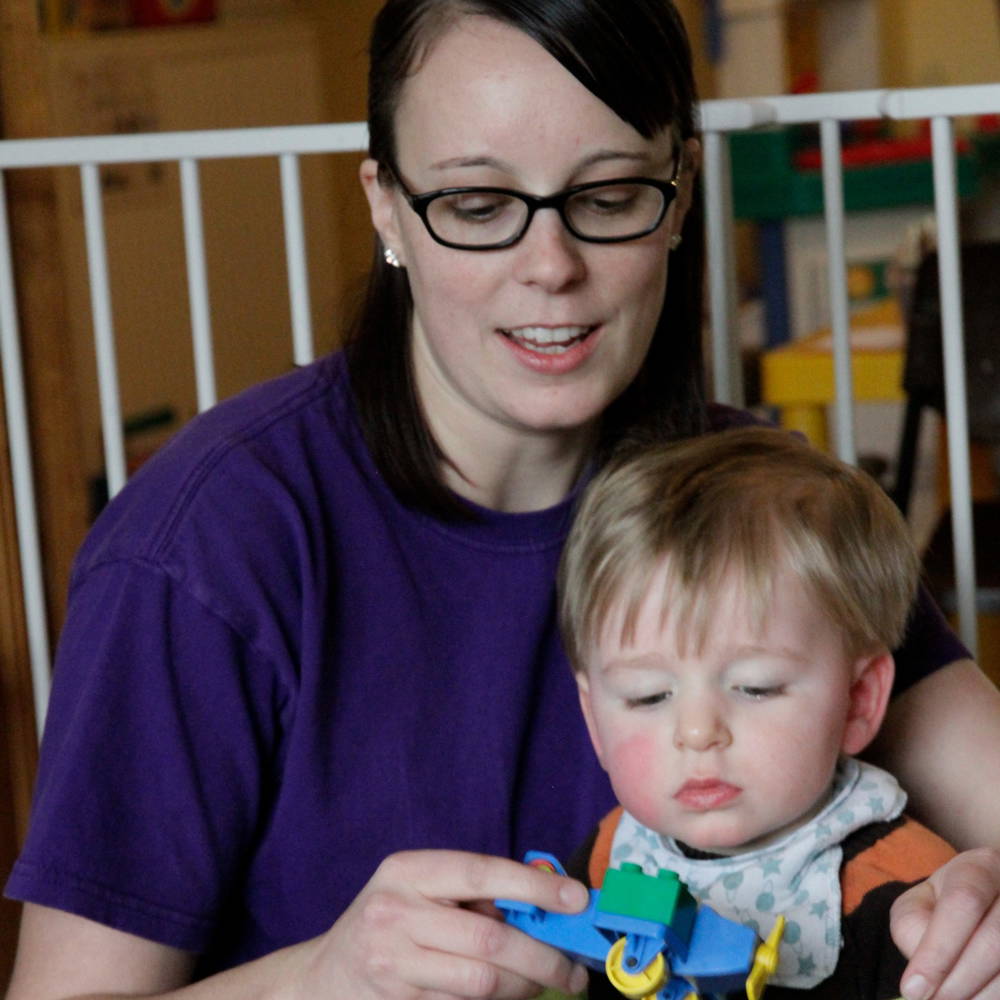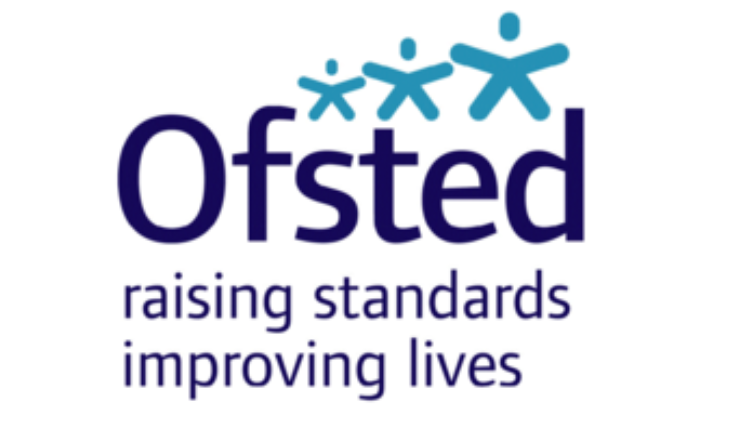Live-in Nannies
Live-in nannies live with the family in their home, and the family will provide the nanny with their own bedroom, and usually their own bathroom (although they may share this with the children). Sometimes nannies have separate accommodation such as a studio or flat.
A live-in nanny normally works for 11 to 12 hours a day, five days a week, and is often expected to offer an additional two or three evenings’ babysitting each week – although the exact working hours will depend on the family.
Live-in nannies are generally paid less than live-out nannies because they receive accommodation and food as part of the job package, although nannies with separate accommodation are entitled to the minimum wage. More information about the minimum wage is available from the Acas Pay and Working Rights helpline on 0300 123 1100.
There may be positions where the nanny is expected to provide 24-hour cover, five or six days a week. These positions are usually abroad and salaries slightly higher.
Live-out Nanny
A live-out nanny travels to the family’s house each day. Live-out nannies generally work for up to 12 hours a day, five days a week, and may be required to do evening babysitting as well. This may be included in the salary or paid as extra.
Live-out nannies sometimes work in nanny share arrangements, where two or more families employ the same nanny to either care for all children at the same time or to work part time in each home, for example, three days with one family, and two days with another.
Night Nanny
A night nanny has a special knowledge of caring for babies from newborn up to one year old. They may be hired for anything from a few nights to several weeks and usually work eight to 12 hours a night. The night nanny is expected to take care of all the baby’s needs throughout the night, such as changing the baby, settling the baby, supporting the baby to get into a good sleep pattern and feeding the baby (either by taking the baby to the mother to breastfeed or bottle feeding using expressed milk or formula).
Most night nannies have significant baby experience, and usually have a qualification in caring for newborn babies and new mothers such as the Maternity Nurse Training by Babyem, or other specific maternity qualifications such as sleep training, midwifery or nursing qualifications.
Shared Nannies
Shared nannies are becoming increasingly common – this is where two or more families share a nanny between them. This can work well for all involved, but the employment and tax situations can be complex, and it’s worth investing time in getting appropriate advice.







